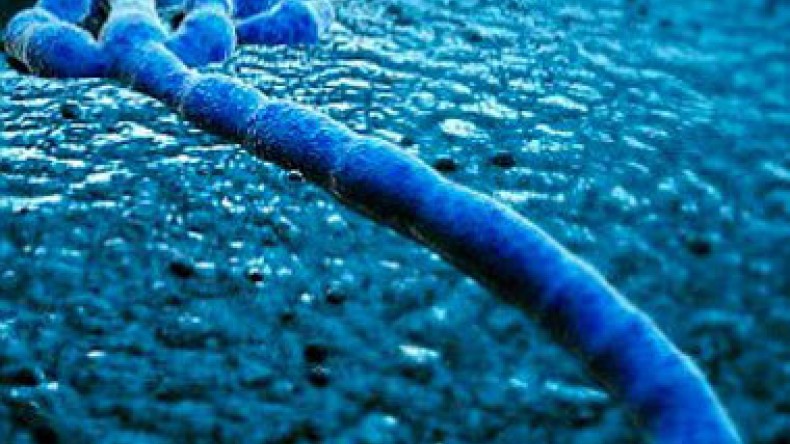
Ebola's 'Achilles heel' is identified
Ebola's 'Achilles heel' has been identified by a team of scientists, prompting hopes of new treatments to stop the virus spreading, the Daily Mail reports.
Researchers in New York believe they have located the vital protein, which affects whether or not the virus can spread to infect its victim.
Their study found the virus can only invade host cells by attaching to the protein - called Niemann-Pick C1 (NPC1).
If it is unable to access that protein, it loses the ability to infect and kill its victim.
The vicious disease has infected almost 27,000 people, killing 11,135, in the last 18 months.
Almost all of the cases recorded by the World Health Organisation were in Guinea - where the outbreak originated - Sierra Leone and Liberia.
On May 9, the WHO declared Liberia Ebola-free, marking 42 days since the last laboratory-confirmed case was buried in March.
Despite the outbreak tailing off, the findings from this most recent study are pertinent, as experts warned during the epidemic the crisis will not be considered over until the last case of Ebola has been recorded.
Professor Peter Piot, one of the researchers who first discovered the virus in Zaire in the 70s, warned, at the height of the outbreak in October: 'Ebola can do down and can re-ignite.
'In May I thought it was dying out, yet it started again.'
As a result scientists across the world have focused their efforts on examining the disease, to try and develop the world's first effective vaccine.
Newsfeed
Videos






























